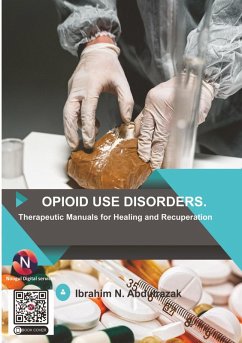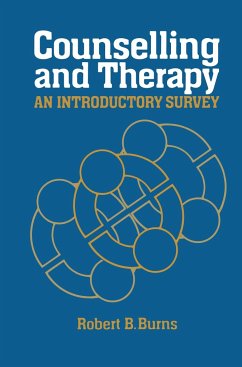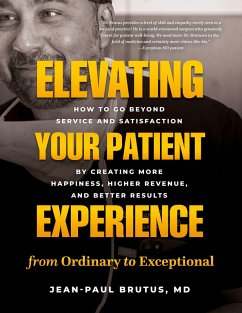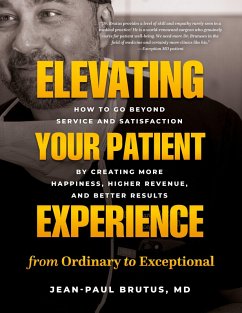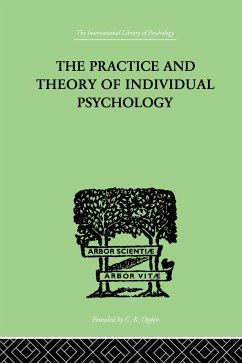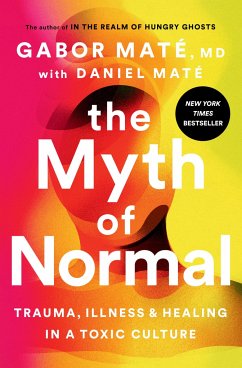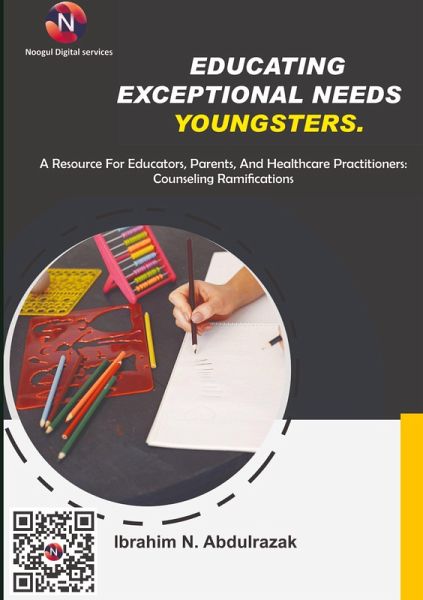
Educating Exceptional Needs Youngsters.
A Resource For Educators, Parents, And Healthcare Practitioners: Counseling Ramifications

PAYBACK Punkte
0 °P sammeln!
The purpose of guiding and counseling in a school context is to assist students in understanding themselves and taking the right actions when making decisions about their education, careers, social lives, and psychological well-being. Another primary focus of guidance and counseling is the welfare of the student or kid as well as the development, maintenance, and promotion of positive social relationships within the group.Professional counseling skills and techniques, such as empathy, reassurance, encouragement, adequate cross-checking, reflection of feelings, respect for the worth and dignity...
The purpose of guiding and counseling in a school context is to assist students in understanding themselves and taking the right actions when making decisions about their education, careers, social lives, and psychological well-being. Another primary focus of guidance and counseling is the welfare of the student or kid as well as the development, maintenance, and promotion of positive social relationships within the group.Professional counseling skills and techniques, such as empathy, reassurance, encouragement, adequate cross-checking, reflection of feelings, respect for the worth and dignity of the disabled, effective verbal and nonverbal communication, and unconditional positive acceptance, are necessary to successfully achieve mental rehabilitation. These strategies will help the client embrace his or her condition, self-disclose, and gain a thorough understanding of themselves.Since inclusive education, officially known as integration, has just recently emerged, it is insufficient to meet the needs of students as long as they are not appreciated and cherished. For them to establish "a success identify," they must feel worthy and capable of achieving it with the right help.Additionally, a counselor should refrain from making the error of providing a client with false assurances, as this could cause the client to lose confidence in the counselor. The application of a team approach in guidance and counseling is another crucial aspect that merits discussion. Professionals including doctors, psychologists, social workers, dietitians, speech and hearing therapists, ophthalmologists, and others should be present in addition to the counselors.





